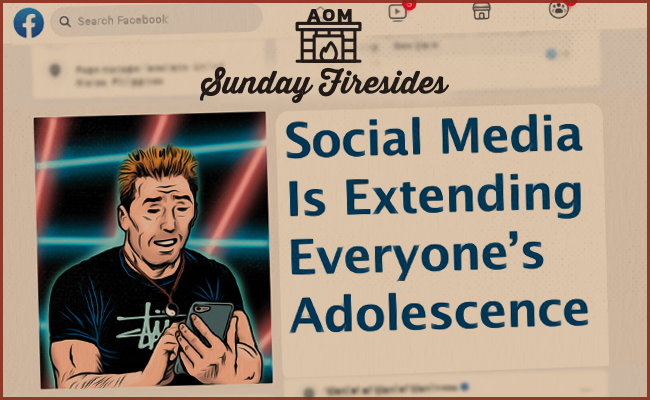
Have you ever had an interaction with someone where you asked them question after question about themselves, but they never asked you a single thing? What was supposed to be a cooperative, back-and-forth dance, became a one-sided monologue. They did all the talking; you did all the listening.
There’s a name for this all-too-common phenomenon: conversational narcissism.
Conversational narcissists try to hold the floor as much as possible — not typically in overt ways, as in talking non-stop, but through more subtle tactics. They don’t ask people questions, or if they do, they find a way to turn the conversation back to themselves (“Oh, you’re going to Iceland this year? I love Iceland! I went last summer . . .”).
Conversational narcissists usually don’t have ill intent. They’re just starved for attention, and will seize an opportunity to get it for all it’s worth.
Yet, it’s amazing to think that, having spent day and night with their own thoughts and experiences, the thing people most want to talk about with others . . . is their own thoughts and experiences; that having already been sated 24/7 on themselves . . . their only appetite is for more of the same.
The cure for conversational narcissism is cultivating a more outward-facing curiosity — becoming genuinely interested in the backgrounds and ideas of others. Every individual is a world unto themselves, with landscapes of the heart and mind worth exploring.
Once you get a sense of the treasures that lie within other people, and how much coming to understand someone else’s hopes, dreams, and perspectives can add to your life, using an interaction merely to retread your own head starts to seem like a wasted opportunity.
“Enough about me; I want to hear about you,” becomes not something you apologetically say after dominating the entirety of a conversation, but something you instinctively feel before it’s even begun.







